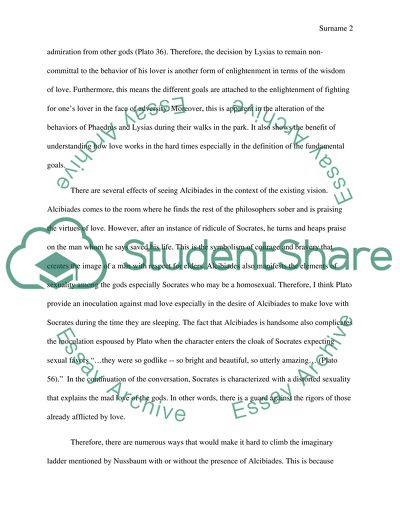Cite this document
(“Plato, Symposium, Phaedrus Essay Example | Topics and Well Written Essays - 3000 words”, n.d.)
Retrieved from https://studentshare.org/literature/1402147-mad-love
Retrieved from https://studentshare.org/literature/1402147-mad-love
(Plato, Symposium, Phaedrus Essay Example | Topics and Well Written Essays - 3000 Words)
https://studentshare.org/literature/1402147-mad-love.
https://studentshare.org/literature/1402147-mad-love.
“Plato, Symposium, Phaedrus Essay Example | Topics and Well Written Essays - 3000 Words”, n.d. https://studentshare.org/literature/1402147-mad-love.


